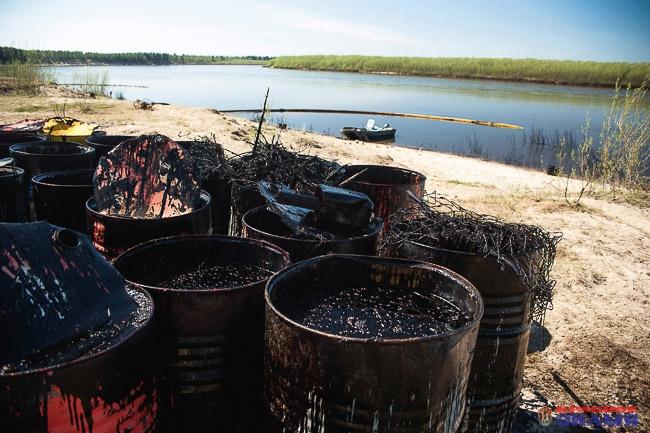
OIL PPICES: OPEC VIENNA MEETING

With less than three weeks to go before OPEC meets in Vienna and the selloff in oil showing few signs of letting up, speculation is mounting the group will take action to try to stem the decline.
Brent crude, the benchmark for more than half of the world's oil, gained 53 cents to close at $83.39 today and is down 28 percent from a high of $115.06 in June on the London-based ICE Futures Europe exchange. West Texas Intermediate oil rose 74 cents to $78.65 on the New York Mercantile Exchange. It's down 27 percent from its June peak.
OPEC said yesterday the world will need less of its oil for most of the next two decades than previously estimated as U.S. shale production grows. OPEC lowered every forecast for its crude through 2035 except next year.
Here's how four analysts across Europe and the U.S. see the Nov. 27 meeting playing out.
Giovanni Staunovo, an analyst at UBS AG in Zurich, is predicting the Organization of Petroleum Exporting Countries will reduce output 500,000 barrels a day at the meeting. Such a move would help trigger a rebound in crude to a range of $90 to $100 a barrel, the analyst estimated.
"Quite simply, the world needs less OPEC oil at the moment," Staunovo said. "But more important to me is that they can realize higher revenues by cutting prices and seeing prices that are stable or higher."
Harry Tchilinguirian, head of commodity markets strategy at BNP Paribas SA in London, expects OPEC to take action to stem the slide in prices. He doesn't think Saudi Arabia is trying to push oil to $70 a barrel in an effort to choke off U.S. shale production.
"The fiscal challenge posed by an oil price of $70 for a year is too high for OPEC, given they have to spend socially speaking after the Arab Spring, and given the threat ISIS poses in the region," he said yesterday by phone.
Brent will rebound to $90 within two to three weeks if the output cut is at least 1 million barrels, Tchilinguirian said.
In a sign it's prepared to accept lower prices in favor of defending market share, state-owned Saudi Arabian Oil Co. lowered the cost of crude to the U.S. in December to the lowest in a year.
Jason Kenney, an equity analyst at Banco Santander SA in London, said he sees OPEC reducing its output by enforcing the current target. As recently as last month, the group produced 30.974 million barrels, almost 1 million over the goal, according to a Bloomberg survey of oil companies, producers and analysts. The group has exceeded the target in all but five months since January 2012, according to the survey.
"I don't see Saudi agreeing to a formal cut in production or quotas," Kenney said by e-mail yesterday. "It doesn't want to be seen propping up prices when its global market share is in decline."
He was the most accurate forecaster of West Texas Intermediate oil prices in the second quarter, according to Bloomberg News rankings. He didn't give a forecast for what crude will do in response to a cut.
Stephen Schork, president of Schork Group Inc. in Villanova, Pennsylvania, is among analysts who expect a showdown at the Vienna meeting because the pain from falling oil prices isn't being felt equally by OPEC's 12 members, causing strains in the group.
With Brent at $82 a barrel only Kuwait, Qatar, and United Arab Emirates will earn enough to balance their budgets, according to the International Monetary Fund. Nigeria needs oil at $126 to balance its budget while Venezuela requires crude at $162, according to Deutsche Bank.
"This is going to be a very contentious meeting," Schork said by phone yesterday. "Brent is now approaching $80 a barrel, which will hurt even the more-fiscally responsible members such as Qatar and the UAE. It's also about $30 below what the Nigerians, Venezuelans and Iranians need."
bloomberg.com




